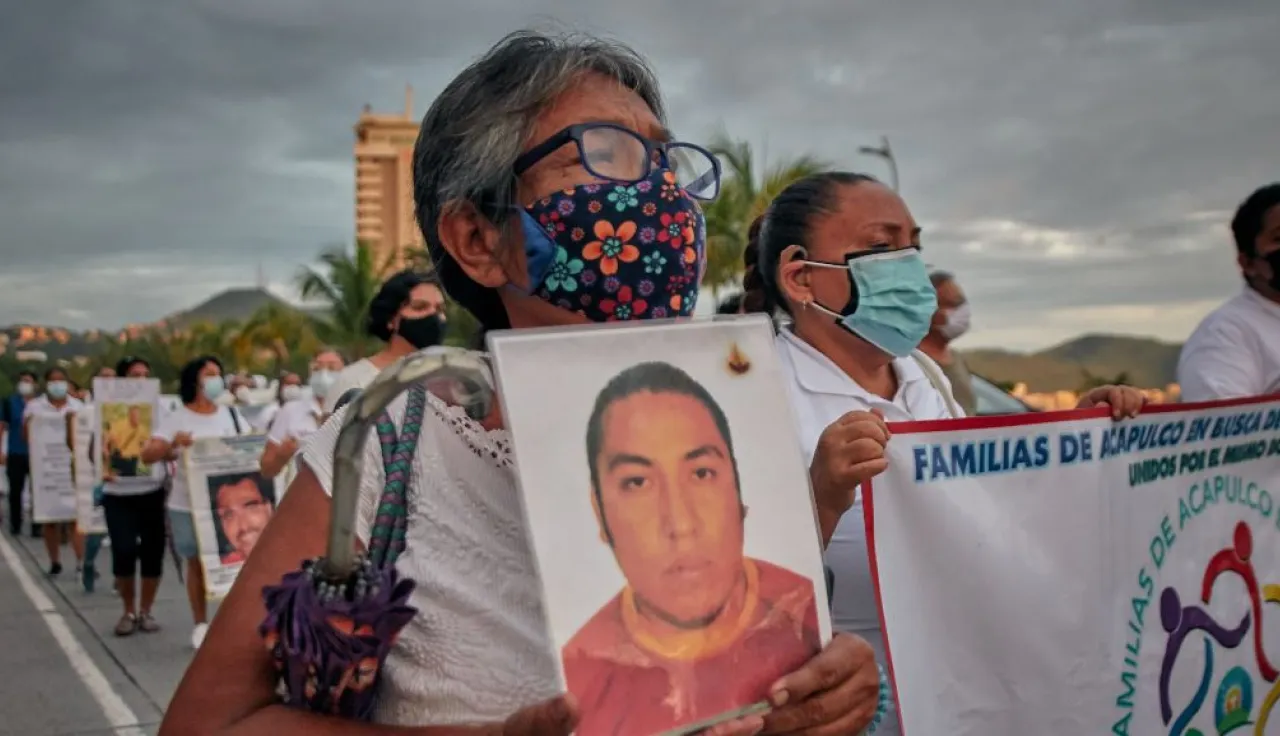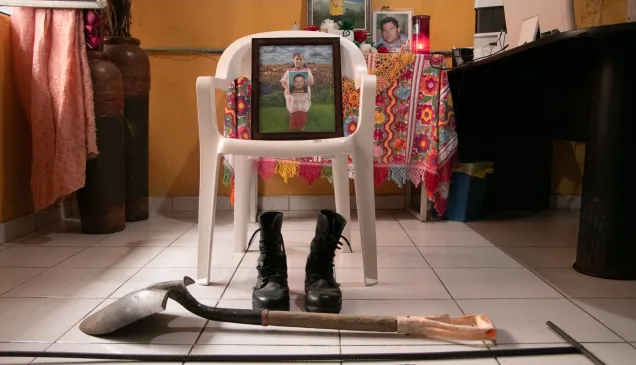During the first quarter of 2022 alone, more than 3,000 people were registered as missing, of which more than 2,000 remain that way today, according to Mexico's national database that centralizes information on the missing.
The ICRC recognizes the important progress that has been made by Mexico to raise the issue of the missing and identify the dead, and to help alleviate the pain of families missing a loved one. At the same time, the ICRC calls for more effective implementation of the immediate search mechanisms to increase their chances of finding their loved one alive.
The ICRC in Mexico communicates with families to give them clear information on their rights and on what to do in the event of a disappearance. We also share technical advice with the authorities on the development and implementation of search and identification mechanisms.
An immediate search mechanism includes remote tracking, and the ability to make timely and urgent requests of the authorities and other entities, who can help reconstruct the last whereabouts of a person. At the same time, authorities must have the capacity to deploy operational resources in the field. They must strengthen targeted actions in respect to those most vulnerable, including women, girls, boys, adolescents and migrants.
Discovering the fate and whereabouts of disappeared persons requires strong coordination among multiple state and municipal institutions, Mexico's National Search System, governments across borders, and NGO actors, according to Herbig. The ICRC calls for the continued implementation of the General Law on Disappearances at all levels of government, but also with the relatives of those who disappeared, many who devote their entire lives to the search of the missing loved one.
The Forensic Medical Services and the newly created Identification Centers in Mexico also contribute to the rights of families to know the truth. As these institutions increase the number of forensic identifications, it reduces the number of unidentified people kept in Mexico's public cemeteries and temporary holding areas, by the tens of thousands.
For more information:
Ana Olivia Langner, ICRC Mexico, Tel.: 52 5537176427




